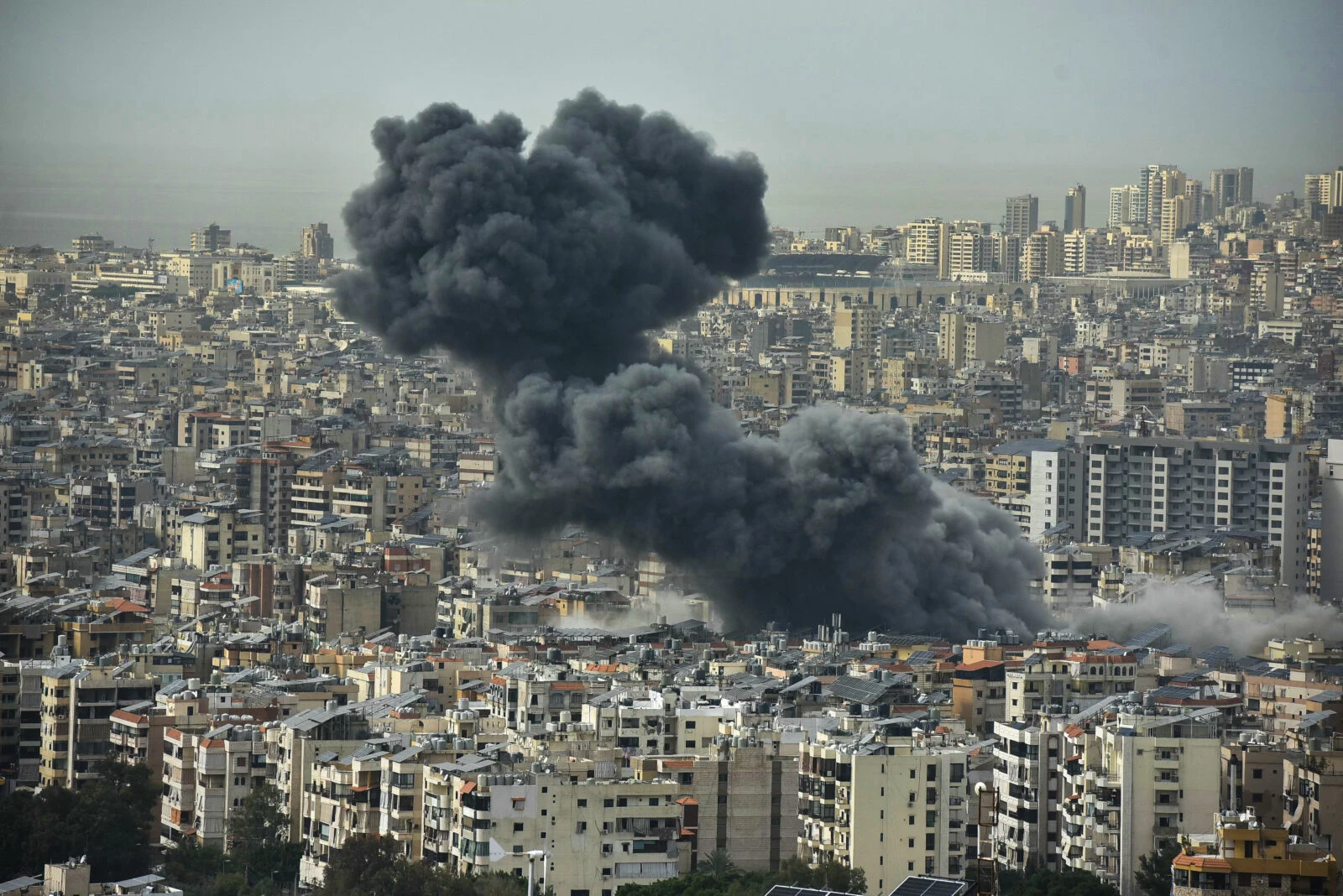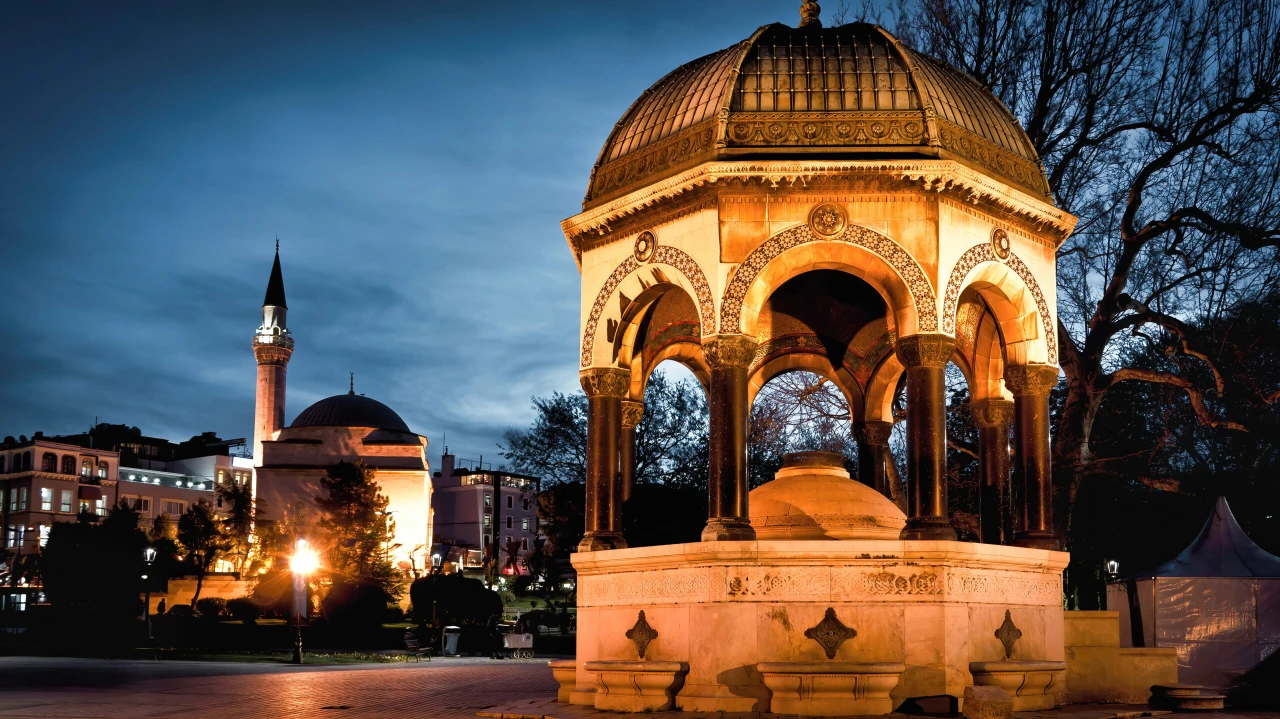US envoy Ortagus urges political solution as Lebanon tensions rise
 US Deputy Special Envoy for the Middle East Morgan Ortagus (L) is welcomed upon her arrival for a meeting with Lebanon's prime minister, in Beirut on April 5, 2025. (AFP Photo)
US Deputy Special Envoy for the Middle East Morgan Ortagus (L) is welcomed upon her arrival for a meeting with Lebanon's prime minister, in Beirut on April 5, 2025. (AFP Photo)
U.S. Deputy Special Envoy for the Middle East Morgan Ortagus held high-level meetings in Beirut on Saturday to address growing concerns over Israel’s continued military presence in southern Lebanon and the fragile truce with Hezbollah.
Ortagus met with President Joseph Aoun, Prime Minister Nawaf Salam, Parliament Speaker Nabih Berri, and Army Commander Rodolphe Haykal during her second official visit to Lebanon since being appointed by former U.S. President Donald Trump.
Big picture
The Nov. 27 cease-fire between Israel and Hezbollah was intended to end more than a year of hostilities, including two months of full-scale conflict.
- Israel was expected to withdraw fully from Lebanese territory by Feb. 18, after missing a January deadline.
- Under the truce, Hezbollah was to redeploy north of the Litani River, approximately 30 kilometers (18.64 miles) from the Israeli border, and dismantle any remaining military infrastructure in the south.
- The cease-fire is rooted in United Nations Security Council Resolution 1701 (2006), which stipulates that only the Lebanese Armed Forces and U.N. peacekeepers should operate in southern Lebanon.
Israel has maintained forces at five locations it considers strategic, prompting concern in Beirut over sovereignty violations and the risk of renewed clashes.
What they’re saying
- The presidency described the talks as constructive, noting discussions on Israeli withdrawal and the role of the international monitoring committee.
- Prime Minister Salam’s office also called the meetings positive, highlighting the Lebanese Army’s ongoing deployment in areas vacated by Israeli forces.
- Ortagus emphasized U.S. support for the implementation of Resolution 1701 and the strengthening of Lebanese state institutions during her meeting with Nabih Berri, a key Hezbollah ally.
Ortagus: We want to get political resolution
In a televised interview with Al-Jadeed, Ortagus said the U.S. and France had formed working groups to address border disputes and Israel’s continued military presence.
“We want to get a political resolution, finally, to the border disputes. The people of southern Lebanon deserve security,” she stated.
Tensions remain high in Lebanon
During her February visit, Ortagus drew backlash from Hezbollah supporters after saying the group had been “defeated by Israel” and declaring “the end of Hezbollah’s reign of terror.” Despite military setbacks, Hezbollah remains a powerful political and military actor in Lebanon.

Israel continues to conduct airstrikes in Lebanese territory, citing the need to prevent Hezbollah’s military buildup.
The Lebanese Army, supported by U.S. military aid, is seen as a critical stabilizing force but has limited capacity to enforce U.N. resolutions independently.



